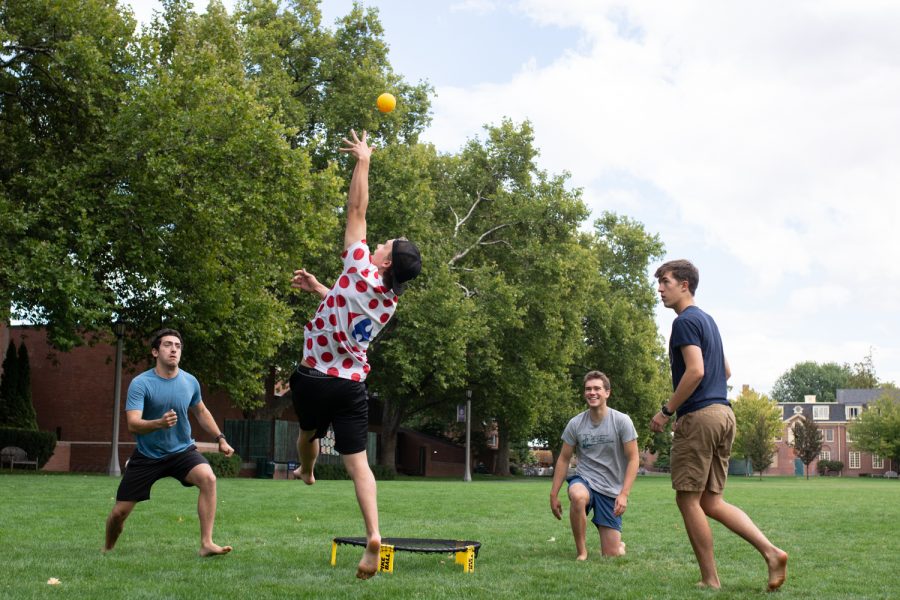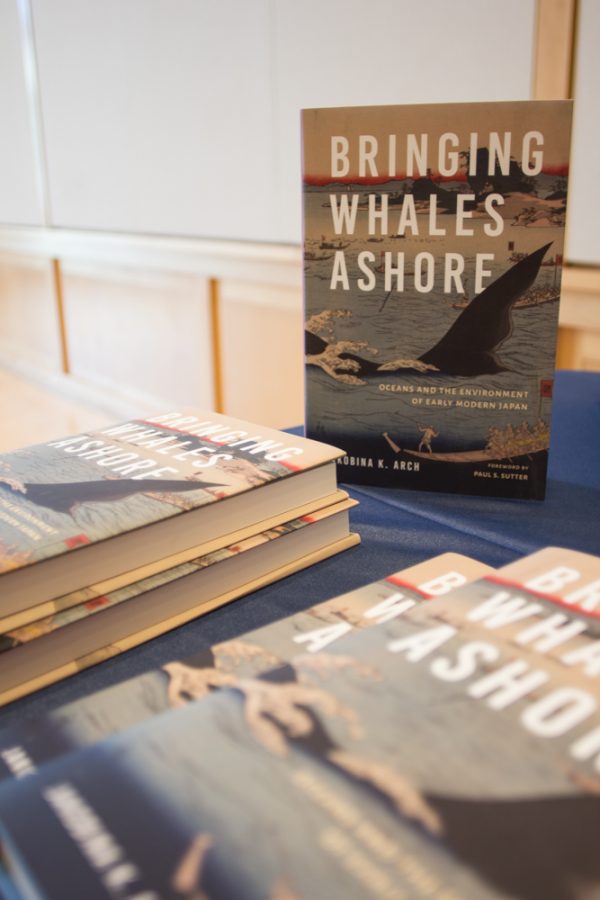I went to high school with Gossip Girl, and as the series suggests, she also made my life quite difficult. Nestled comfortably in the Upper East Side of Manhattan, the Nightingale-Bamford School, costing almost as much as a Whitman education, loomed over me five days a week for four years. From the moment I stepped foot into the austere brick building, I was assaulted by the prestige left behind by the Nightingale alumna and author of Gossip Girl, as well as by the hundreds of privileged girls who comfortably inhabited their schoolhouse. Upon graduating I realized that I never did feel fully part of the community even though I did make wonderful friends, and the teachers left lasting impressions on me. I guess the gap that separated the upper class white girls and me was so pervasive that I never felt close to them. I remember struggling academically my first year even though I had previously attended the rigorous charter school KIPP Academy. At KIPP I had learned that knowledge is power and power is freedom and that I want it. Well up until Nightingale I knew that I wanted it, I just didn’t know at what price.
It was at Nightingale that I first realized there was such a thing as an achievement gap between students of different social classes and/or races. It was so tangible, that all I had to do was watch my classmates hire private tutors while I went home and took practice tests and revised my own college essays. But the gap between my classmates and me went beyond the classroom. I remember returning from summer breaks and listening to other girls talk about their luxurious summer vacations while I sat there knowing I had spent that entire summer working. Feeling like a penguin in the sahara made it difficult for me to believe that I could overcome my disadvantage. Luckily, through the support of my family and teachers who believed in me, I was able to bridge that gap.
Now at Whitman, I do what I can to contribute to the education reform movement. In 2006 I was featured in the New York Times article “What It Takes to Make a Student” (I am in that first picture, on the left in black). I don’t share this to indulge you in my two seconds of fame, but rather, for you to understand that I was part of the education reform movement before I even knew how to add big numbers. At KIPP, I was taught to believe that if I worked hard and was nice, then I could go to college even if no one in my family had. I was taught to rely on myself because I knew that society would not make it easy for me to move up the social ladder. For many Whitties the question asked by family and friends was probably, “Which college will you be going to?” Whereas for those of us who are first-generation, working-class students, we had to ask ourselves, “Will we go to college?” I know that had it not been for KIPP’s college program KIPP Through College, many of us KIPPsters would not be in college now. The reality is that like me, not many first generation students can make it to college without the help of an ally or a program.
Which is where you and I come in. As students who have made it to college, it is imperative that we do what we can to help others get here too. Acquiring a higher education is sadly a privilege that for too many is difficult to obtain. It does not have to be this way. By just being aware of the achievement gap that exists in this country, we are that much closer to closing it. Research and share your findings about education reform with your friends and family. Hopefully, once you become knowledgable of the issue, you will feel inspired to do something about it. Join Teach for America. Tutor at a local public school, or become a college coach. At Whitman, we claim that diversity of perspectives and backgrounds are so vital to enriching our lives, but at times I feel like I am surrounded by people who take for granted the premier education being given to them at this elite institution. The only way we can hear the voices of those who have struggled to get here is if we listen. It all starts by just looking around and minding the gap.









